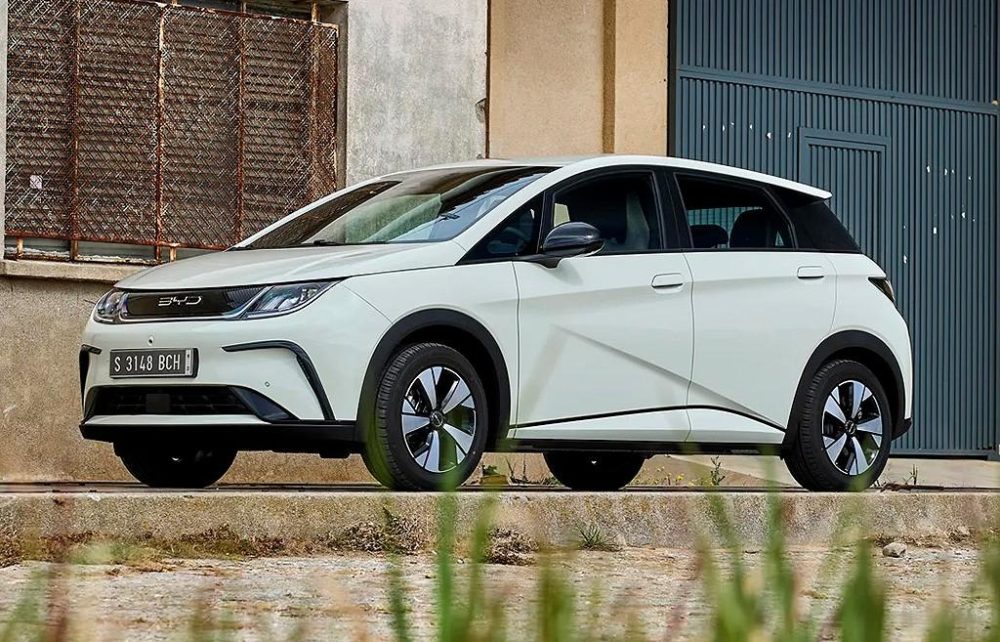by: Jessica Ferreira
The massive influx of Chinese cars into Brazil is transforming the entire automotive market, with prices falling not only for electric competitors, but also for combustion vehicles, according to a report published by the Brazilian Bank BTG Pactual.
The tectonic shift is good news for players like the Brazilian electrical and electronic equipment company WEG, which could gain momentum in its vehicle charger project, but not so great for car rental companies such as Localiza and Movida, who could face a scenario of high depreciation of their used vehicles.
Currently, Chinese brands account for 5.7% of new vehicle sales in Brazil (BYD and GWM) and, as of this year, around 35% of electric cars arriving in Brazil are imported from China.
After the arrival of BYD’s Dolphin, its very popular electric hatchback for R$149.000 (USD 29.371), direct competitors responded with price cuts. The Renault Kwid E-Tech, which cost R$150.000 (USD 29.568), fell R$10.000 (USD1.971) in August and R$16.500 (USD 3252) this month, to R$123.500 (USD24.344). The prices of other models, such as the JCA JSI and the Caoa/Chery iCar, have also fallen.
Competition has also intensified with the recent arrival of the GWM Ora3, priced between R$150.000 (USD 29.568) and R$184.000 (USD 36.270), which hits the market this week.
However, due to pressure from local competition, the government has agreed to recompose import tariffs, which will return to the full 35% level by 2026 for hybrids and electrics, causing both BYD and GMW to start producing in Brazil, which should bring an even greater presence in the domestic market.
BYD to Create 10,000 Jobs in New Factory in Brazilian State of Bahia
Another manufacturer that should start to benefit from the nationalization of production is Tupy, especially due to the increased penetration of flex-fuel hybrid engines and the demand for ultra-light cast iron blocks.
Bus manufacturer Marcopolo has been working on electrification projects for some time, including in partnership with BYD, as this market keeps growing in Brazil. It is expected that 20% of the bus fleet in São Paulo, the country’s largest city, will be made up of electric vehicles in the future.




